Waterproof cement plays a crucial role in various industries, ensuring the durability and longevity of structures exposed to moisture. With a plethora of options available in the market, it can be challenging to determine which waterproof cement is the best choice for your specific needs. In this article, we will delve into the key factors to consider and explore the top contenders in the realm of waterproof cement.
- Understanding the Importance of Waterproof Cement:
- Highlight the significance of waterproof cement in preventing water damage, mold growth, and structural deterioration.
- Discuss its applications in construction, infrastructure, and other industries where moisture resistance is paramount.
- Key Factors to Consider:
2.1. Strength and Durability:
- Explain the importance of selecting a waterproof cement with high compressive strength and resistance to cracking.
- Discuss the role of additives like silica fume and fly ash in enhancing the durability of the cement.
2.2. Flexibility and Elasticity:
- Emphasize the need for waterproof cement to possess flexibility and elasticity to accommodate structural movements without compromising its waterproofing properties.
- Discuss the role of polymers and fibers in enhancing the flexibility of cement.
2.3. Adhesion and Bonding:
- Explore the significance of strong adhesion and bonding properties in ensuring a watertight seal.
- Discuss the impact of additives like latex or acrylic on improving adhesion to various substrates.
2.4. Chemical Resistance:
- Highlight the importance of chemical resistance in environments where the cement may come into contact with aggressive substances.
- Discuss the role of additives like pozzolans and slag in enhancing chemical resistance.
- Top Contenders in the Waterproof Cement Market:
3.1. Portland Cement-based Waterproofing Systems:
- Discuss the advantages and limitations of Portland cement-based systems, including their versatility and availability.
- Highlight the importance of proper surface preparation and application techniques for optimal performance.
3.2. Polymer-modified Cementitious Waterproofing Systems:
- Explain the benefits of polymer-modified cementitious systems, such as improved flexibility, adhesion, and crack resistance.
- Discuss the different types of polymers used, such as acrylics, styrene-butadiene rubber, and polyurethane.
3.3. Crystalline Waterproofing Systems:
- Explore the unique mechanism of crystalline waterproofing systems, which react with water to form insoluble crystals, blocking water penetration.
- Discuss their long-term effectiveness, self-healing capabilities, and application considerations.
- Case Studies and Real-World Applications:
- Present real-world examples showcasing the successful application of different waterproof cement systems in diverse industries.
- Highlight the specific challenges faced and how the chosen waterproof cement addressed them effectively.
Conclusion:
Choosing the best waterproof cement involves a careful evaluation of various factors such as strength, flexibility, adhesion, and chemical resistance. By understanding the unique properties and applications of different types of waterproof cement, you can make an informed decision that ensures the longevity and reliability of your structures. Remember, the best waterproof cement is the one that aligns with your specific requirements and offers a comprehensive solution to your waterproofing needs.

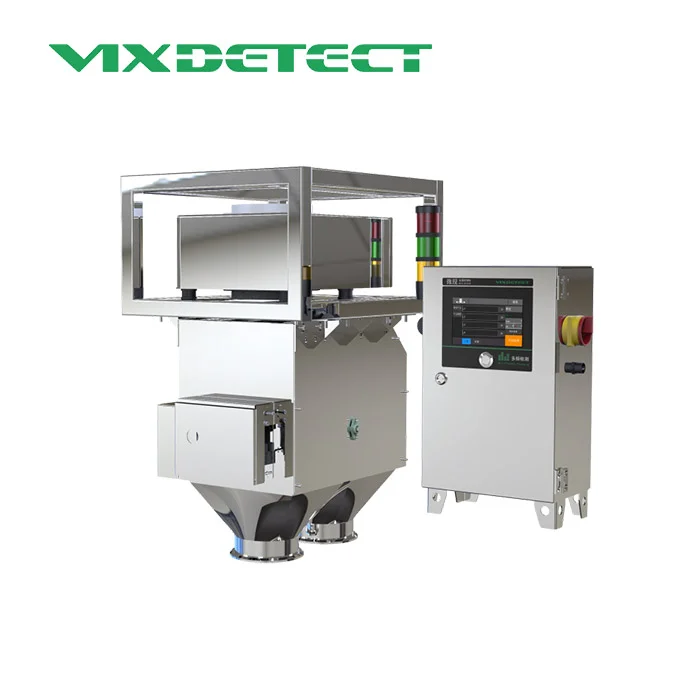


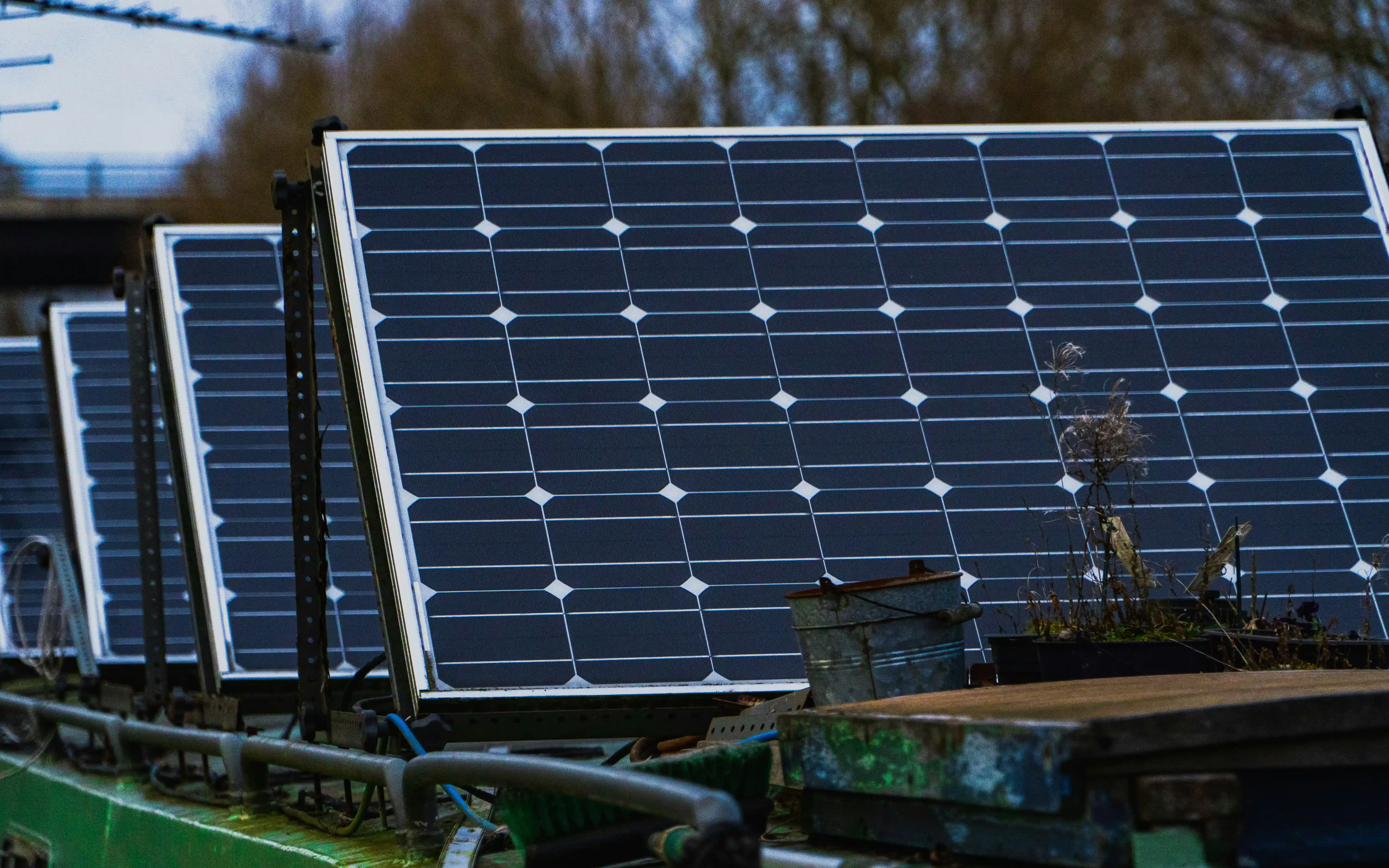
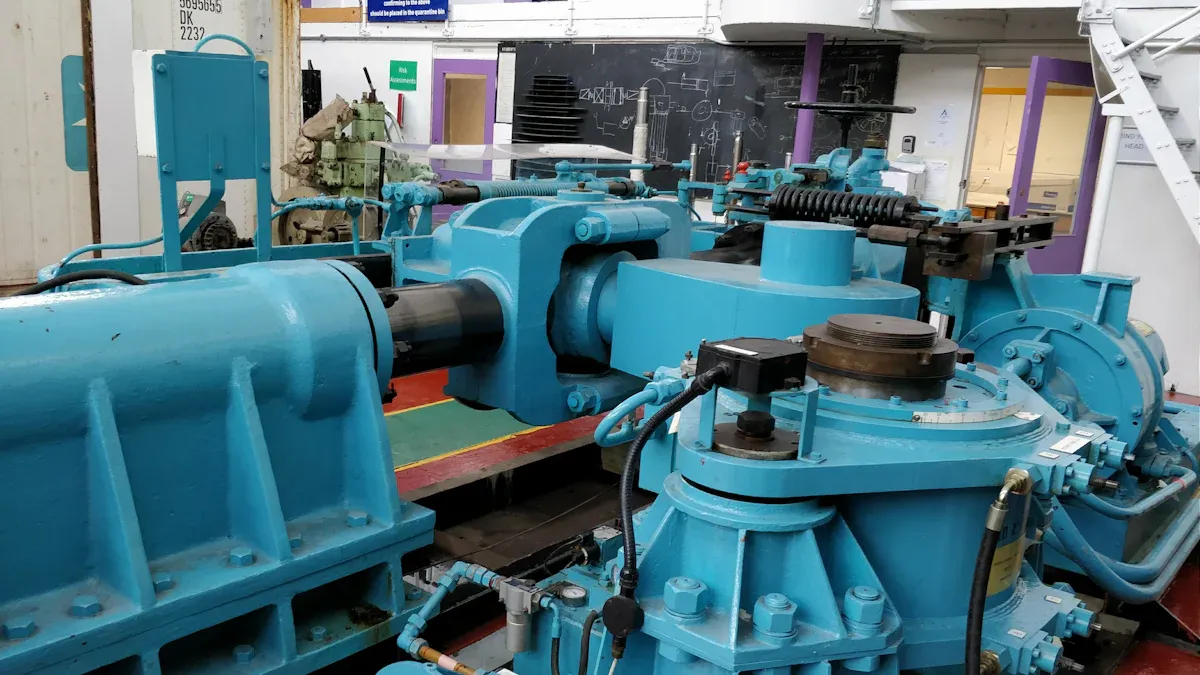
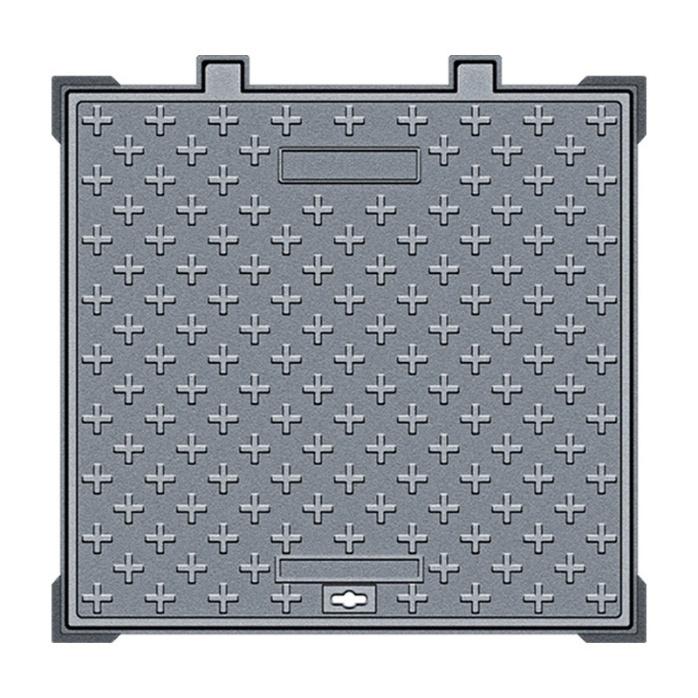
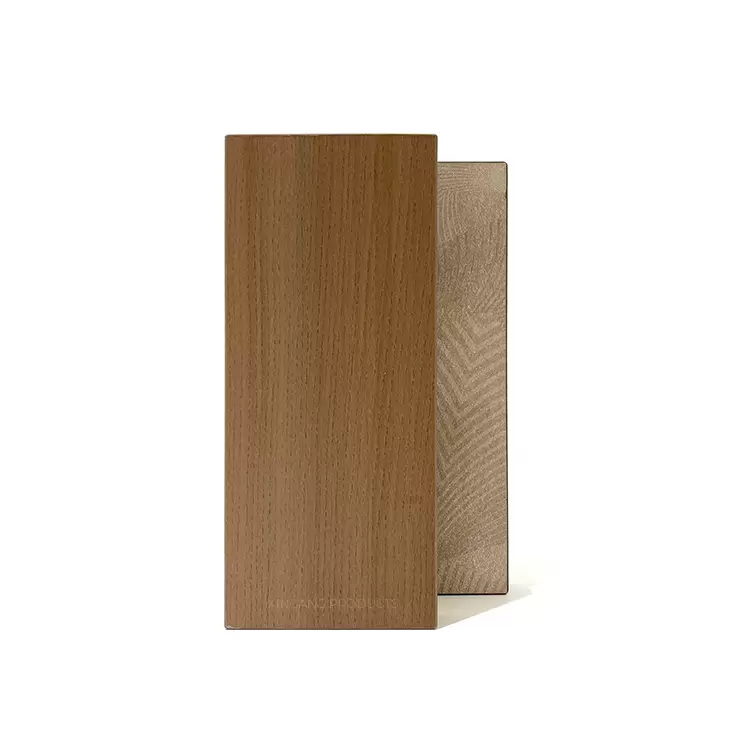
+ There are no comments
Add yours